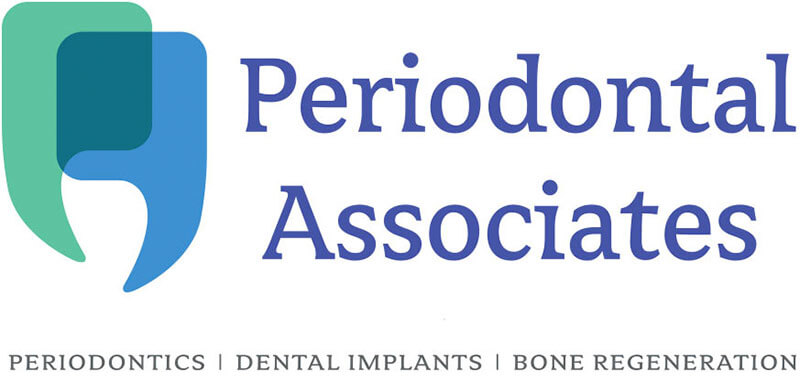When you need multiple teeth replaced or a complete arch, dental implants can be used as anchors to hold a prosthesis (denture) in place. The implants themselves are permanent and the prosthesis can be fixed or removable.
There are pros and cons of each option. Consider the following comparison to determine which choice would be best for you.
Dental Implants and How They Work
A dental implant is an artificial tooth and root system that is surgically placed in the mouth. The root is placed first, using a screw-type mechanism that is embedded in the jaw. The bone fuses with the implant root over time, forming a secure hold. A crown is attached to the top that looks and functions like a natural tooth.
Implants Used as Anchors for Bridges and Dentures
When someone needs all or many of their teeth replaced, implants can be placed first to hold a prosthesis (bridge or denture) in place. If the natural teeth left are not healthy enough to be used as anchors or if no healthy teeth are left in the mouth at all, implants are an ideal alternative. The prosthesis can be attached to the implants either permanently or in a removable form.
Fixed Prosthesis: All-On-4
One of the most popular types of fixed dentures is the All-On-4 dental implant procedure. This option involves placing 4 dental implants in the jaw that the prosthesis will attach to. The denture will be fixed in place, or permanently attached to the implants.
Pros:
- Sturdy. No slipping or sliding out of place.
- More affordable than getting more dental implants placed as each one is costly.
- No need to use suction discs or pastes to hold your dentures in place.
- There’s no plastic palate at the roof of your mouth to get in the way of speaking or eating.
- Fixed dentures won’t pinch or damage your gums.
- The dental implants that are placed as anchors will help to preserve bone strength in the jaw.
- Convenient. Implants and prosthesis can be placed all in one day in many cases.
Cons:
- Not as easy to clean as a removable prosthesis.
- More expensive due to the dental implants that are required.
- Implants require sufficient bone tissue to support them. Without it, a bone graft procedure may be necessary to fortify and regenerate the jaw bone before placing the implants.
Removable Dentures or Bridges
Traditional dentures are the type that come in one piece and are removable. They are secured via suction and adhesive pastes. A bridge is a row of artificial teeth that are placed between healthy natural teeth when possible, or dental implants when there are not sufficient healthy teeth in place.
Pros:
- Easier to clean.
- Can be removed at night or after meals to clear out food that becomes trapped under or around them.
- Cost less than implant supported dentures or bridges.
Cons:
- Tend to slip out of place.
- Can cause pain and damage to the gums.
- Allows the jaw bone to weaken and possibly resorb, causing a sunken jaw look.
Ideal Candidates for All-On-4 Fixed Implant Prosthesis
Wondering if the All-On-4 option would be the right choice for you? An ideal candidate for this option has a prognosis that most or all of the teeth cannot be saved and will need to be removed and replaced. All-On-4 is not intended for the replacement of one or a few teeth, but for a full-mouth replacement. Sufficient jaw bone is necessary to place dental implants, but bone grafting can be done if necessary to strengthen the existing bone and regenerate bone growth.
Wondering if All-On-4 is Right for You?
If you’re interested in getting the All-On-4 dental implant procedure, Periodontal Associates will evaluate your current condition to determine if you are an ideal candidate for this procedure.
Contact us at either of our 2 convenient locations:
- Framingham, MA: 508-875-6185
- Newton, MA: 617-964-6185

